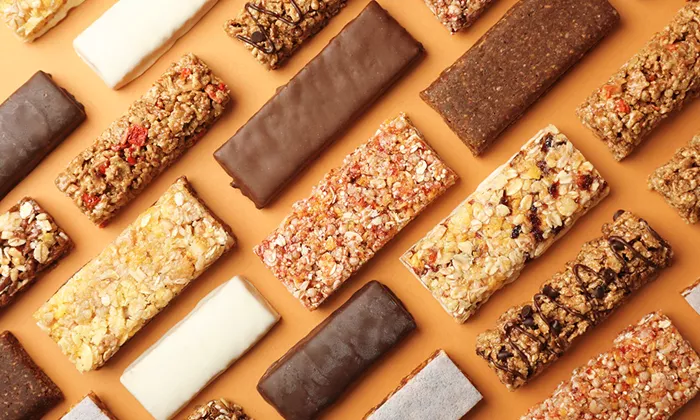A recent animal study published in Environmental Health Perspectives reveals that sucralose, a widely used artificial sweetener, may harm male reproductive health by damaging sperm and disrupting hormone levels.
This research highlights potential risks associated with sucralose consumption amid rising concerns about male infertility worldwide.
Researchers exposed male rats to varying doses of sucralose over two months and observed significant declines in sperm viability, abnormal sperm morphology, and DNA damage.
Foods commonly containing sucralose include a wide range of products, often beyond those labeled as diet or sugar-free:
Beverages: Diet sodas, low-calorie juices, and flavored waters often use sucralose to reduce sugar content.
Dairy products: Many flavored or light yogurts, such as Dannon Light Fit Non-Fat Vanilla Greek Yogurt and Yoplait Light Strawberry Yogurt, contain sucralose.
Snacks and bars: Processed snacks like Pop Secret’s Kettle Corn, Quaker Caramel Rice Crisps, and various protein powders often include sucralose.
Candy and sweets: Both diet and regular versions of candies, gummy bears, gelatin desserts (e.g., Skittles Original Flavored Gelatin), and bakery items may contain sucralose alongside other sweeteners.
Breads and baked goods: Some whole-wheat breads, English muffins, and cereals are sweetened with sucralose to improve taste.
Condiments and dressings: Certain ketchup brands and low-fat salad dressings use sucralose to reduce sugar content.
Chewing gum: Sugar-free gums often contain artificial sweeteners including sucralose or sugar alcohols.
Because sucralose is stable under various conditions, it is widely used to sweeten many processed foods and beverages, sometimes without clear labeling, making it important for consumers to check ingredient lists carefully.
In summary, sucralose is found in many everyday foods such as diet drinks, flavored yogurts, snacks, candies, breads, and condiments.
Hormonal analysis showed reduced testosterone, luteinizing hormone (LH), and Kisspeptin1 (KISS1)—a key regulator of reproductive hormone balance. Testicular tissue exhibited structural damage and signs of impaired cellular cleanup processes (autophagy).
Cell studies further confirmed that sucralose induced oxidative stress and disrupted lysosomal function in Sertoli and Leydig cells, critical for sperm production and hormone synthesis. These effects were linked to decreased expression of taste receptor T1R3, which influences hormone regulation.
Although the doses tested exceed typical human consumption, the findings raise concerns about sucralose’s impact on male fertility and underscore the need for further research and stricter food safety evaluations. The study also points to environmental issues due to sucralose’s persistence and toxic byproducts.
This study calls for caution in the widespread use of non-nutritive sweeteners and highlights the importance of understanding their long-term effects on reproductive health.
YOU MAY ALSO LIKE:
- The 6 Best Vitamins To Take For Male Fertility
- Best 5 Ashwagandha Supplements for Male Fertility
- What Are Best 10 Herbs for Male Fertility?


